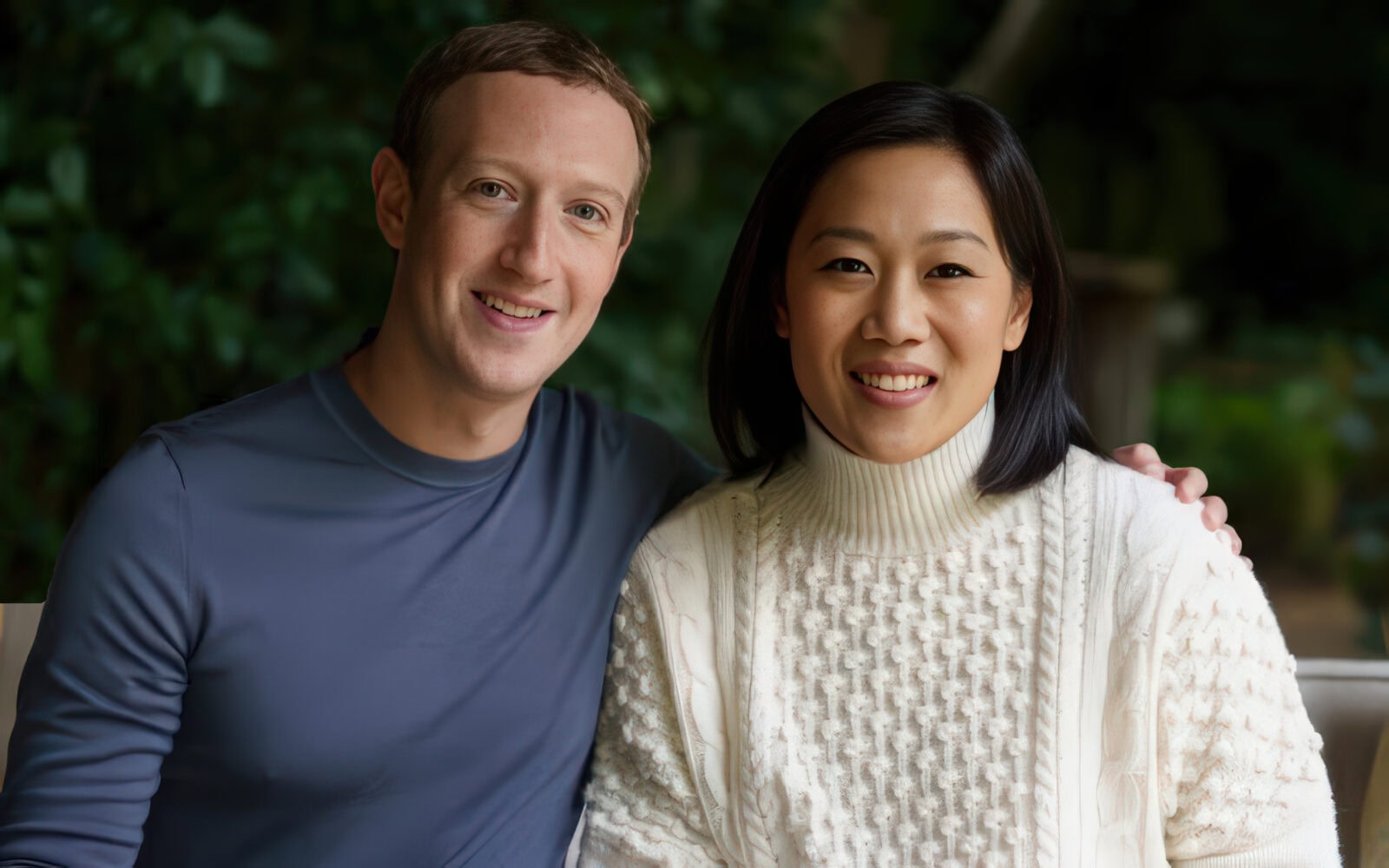$7 billion into their giving, Mark Zuckerberg and Dr. Priscilla Chan are decisively moving the center of their philanthropy into science and Ai

Mark Zuckerberg and Priscilla Chan’s philanthropic journey stands out for its sheer ambition and scale.
Since the launch of the Chan Zuckerberg Initiative in 2015, coinciding with the birth of their first child, the couple has pledged to direct 99% of their Meta (Facebook) shares—essentially almost all their wealth—towards charitable efforts during their lifetime, a commitment now valued at over $256 billion thanks to Meta’s market growth.
While the headline figure is eye-catching, their realized giving is substantial by any measure: as of November 2025, they have donated and committed more than $7 billion through direct grants and mission-aligned investments, with the vast majority channeled through their own foundation.
For nearly a decade, their philanthropy has spanned a diverse range of causes. Early CZI gifts funded biomedical research, educational programs, housing initiatives, criminal justice reform, and efforts to improve community health.
Major single gifts included $75 million to San Francisco General Hospital and nearly $1 billion to the Silicon Valley Community Foundation.
At the core of CZI’s mission was always a “moonshot” goal: to cure, prevent, or manage all disease—if not in their lifetime, then for their children’s generation.
This objective shaped much of their grantmaking, but it also set the stage for a dramatic refocusing in late 2025.
This year, Zuckerberg and Chan have pivoted decisively to science and artificial intelligence, placing their Biohub network at the center of their philanthropic activity.
They are now dedicating the bulk of their resources to biology, powered by AI, and moving away from a broader social policy mandate.
Their new flagship efforts involve investing in robust computing infrastructure—currently a cluster of over 1,000 Nvidia GPUs, with plans to scale to 10,000 by the end of the decade—so researchers can model cellular and immune-system processes at a level previously out of reach.
As Zuckerberg himself noted, scientists are no longer asking for more lab benches or additional staff; they are asking for GPUs and raw computing power to tackle the most complex biological problems.
This focus isn’t just about hardware.
The Biohub group’s goal is to create virtual biological models that can simulate real-life human cellular behavior: predicting disease, understanding inflammation, and harnessing the immune system.
The hope is that such technology will deliver advances in drug discovery and clinical diagnostics far faster than traditional research methods.
In practical terms, since launching the first Biohub in 2016, Zuckerberg and Chan have invested $4 billion in basic science, with plans to double that figure over the next decade.
Annual operating budgets now approach $1 billion—amounts that rival major government research agencies and position Biohub as a private powerhouse for life sciences.
Their philanthropic reorganization reflects both personal motivations and strategic thinking. Both Chan and Zuckerberg have spoken about the limitations of progress in medicine and how artificial intelligence now enables the modeling and prediction of disease biology in novel ways.
Chan’s background as a pediatrician and teacher deepens her commitment, as she describes firsthand encounters with rare illnesses and the promise of next-generation solutions.
While some of CZI’s original social programs—such as DEI work, immigration reform, and housing advocacy—are now winding down or being spun off, infrastructure development for science will remain a backbone of the foundation’s activities.
In addition to their ambitious scientific agenda, the pair continues to support community causes, particularly in the Bay Area, where their foundation is based.
Recent reports confirm their financial ‘firepower’ for the long term, with multi-billion-dollar resources available to support not just experiments and new hardware, but also open data and collaborative networks among universities and clinics.
Their decision to prioritize science and AI is informed by both the magnitude of their commitment and the potential for a significant global impact.
Increasingly, Zuckerberg and Chan’s philanthropy signals a shift in how major donors can accelerate progress—moving fast and funding at tech-sector speed, betting on innovation in biomedical research as the shortest route to changing lives.
Few living philanthropists match them in scope or ambition, and their next decade promises even greater impact in the world of science and medicine.

